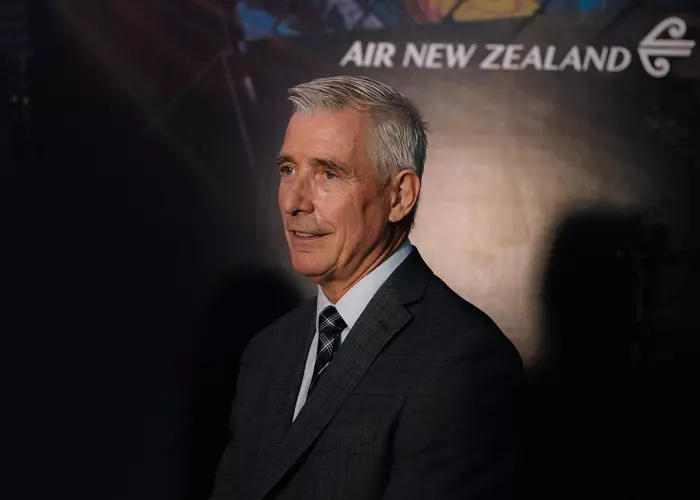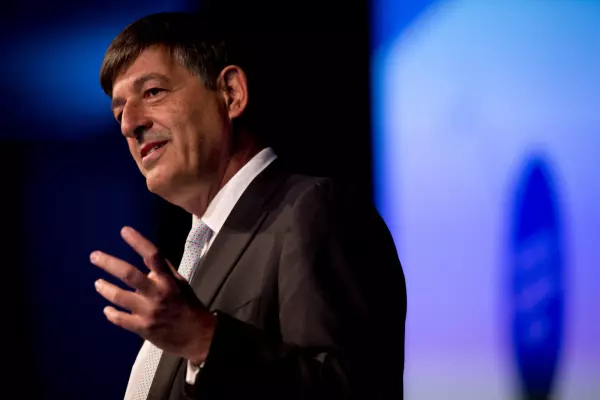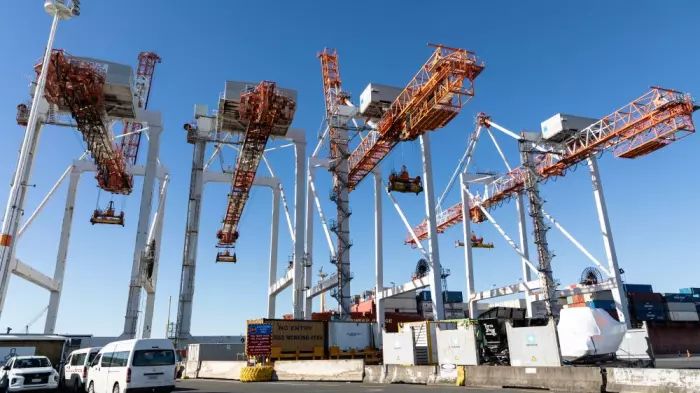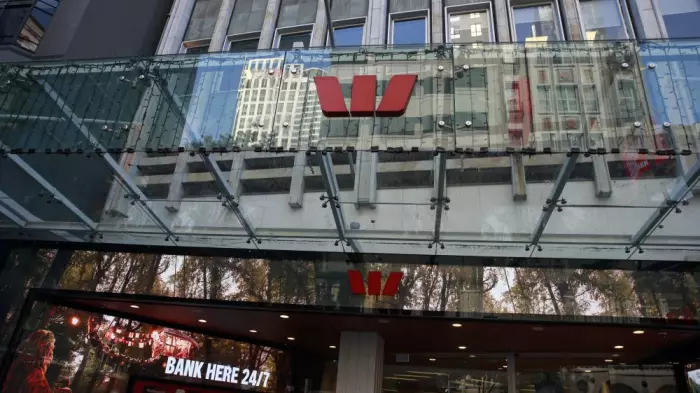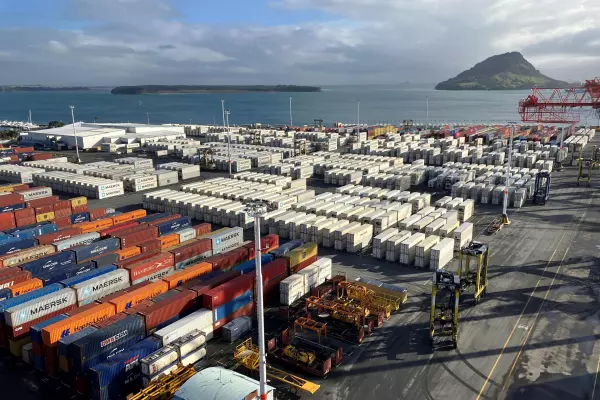Air New Zealand isn’t concerned about the weak NZ dollar hitting the airline's profitability or the price of airfares.
The NZ dollar’s current decline – which recently traded at 58.29 US cents, its lowest level since the pandemic crash in March 2020 – and whether that would knock Air NZ's profitability were key questions raised at the airline's annual meeting this afternoon.
Chief financial officer Richard Thomson said the weaker kiwi dollar would both bolster and weigh on the bottom line.
The airline's export revenue in US dollars, “which we didn’t have much of during the pandemic”, lifted nicely as a result of the stronger greenback, but the weaker kiwi also lifted some of the company's costs, with the likes of oil typically settled in US dollars.
“You win some on the revenue side, you lose some on the cost side,” he said.
Tourism operators typically prefer a weaker kiwi dollar, because it makes New Zealand a cheaper and more attractive destination for international visitors.
Chief executive Greg Foran told BusinessDesk after the meeting that the airline wouldn't have much of a problem setting airfares in the coming months
“We're used to dealing with the fact that the NZ dollar has moved around over the years – up and down,” he said.
“There are some things that we buy out of the US and those items can end up costing more. But as we open up to US customers and they’re paying in US dollars, you end up in a situation that you’re effectively hedging if that makes sense.”
Into the future
Air NZ warned against shareholders extrapolating the airline’s 2023 half-year earnings guidance to the full year given the many uncertainties in a murky trading environment.
Chair Therese Walsh who opened the meeting, told the 100-or-so attendees that it had been another year of “significant highs and lows” for the airline.
“Restarting the airline at scale has been no easy feat, but it is clear that 2022 marks the true start of our recovery,” she said. “And it’s an exciting place to be.”
Walsh said fuel was the airline’s second-largest expense and had “huge volatility” across the past six months with fuel prices up almost 60% from 2019.
She warned that it had become “increasingly clear” the airline couldn’t simply return to a pre-covid way of doing things, and that it was “closely watching” the competitive landscape.
‘Running the airline like a Swiss watch’
Foran who took to the stage after Walsh, drilled into the emotional toll that the past two years had on the airline.
He said he firmly believed that when people looked back on this “turbulent period in our history” they would recall how it built “new foundations” rather than how it survived the pandemic.
“I hope they’ll recall that we didn’t just rebuild, we took this moment to reimagine what our business could be and reinvented ourselves to deliver something truly special,” he said.
He said Air NZ had big plans for the future, ranging from becoming the world’s leading digital commercial airline to achieving carbon neutrality by 2050.
“We want to become the world's leading digital airline by revamping our app and digital offerings,” he said.
“We’re focused on running the airline like a Swiss watch with safe, efficient operational performance and building a rewarding place to work, with an uncompromising focus on keeping staff and our customers safe.”
Air NZ has gained more than 160,000 new members on its Airpoints loyalty programme and added more than 2,000 products to its Airpoints store and introduced Flexipay.
Carbon neutrality is the next focus. Foran said the airline was “acutely aware” it had to address the impact of aviation on climate change and focus on reaching net zero carbon emissions by 2050.
“Despite the upheaval of the pandemic, I believe climate change is the biggest challenge facing the aviation industry,” he said.
Question time
The Air NZ board spent more than half an hour answering questions pressed on them by both in-person and online shareholders at its annual meeting, including reaffirming it had no plans to reinstate routes to the UK or Europe, although Walsh noted a desire to focus on the Pacific.
Amongst the other hot topics, one shareholder raised the possibility of Air NZ buying back shares such as larger Australian rival Qantas did last month, although Walsh said the airline wasn't in a position to do that.
Another shareholder wanted to know how long it would take before Air NZ was profitable again, which Walsh was unable to answer, saying the board was “cautiously optimistic”.
Foran told BusinessDesk after the meeting that bookings on the New York service through to Christmas had almost sold out – in both directions – with the most tickets sold in business and premium economy.
Air NZ shares rose 1.4% to 74 cents today, extending yesterday's recovery when it provided earnings guidance.


